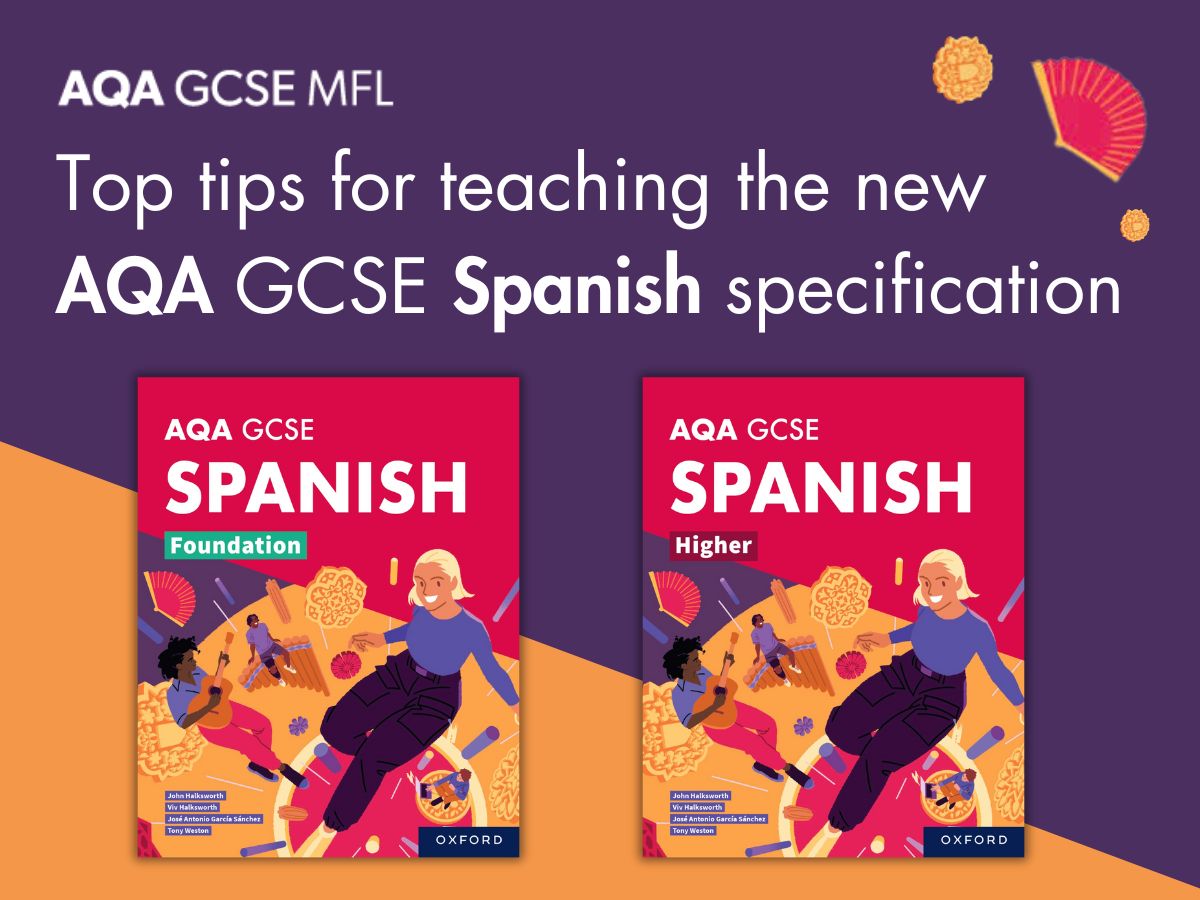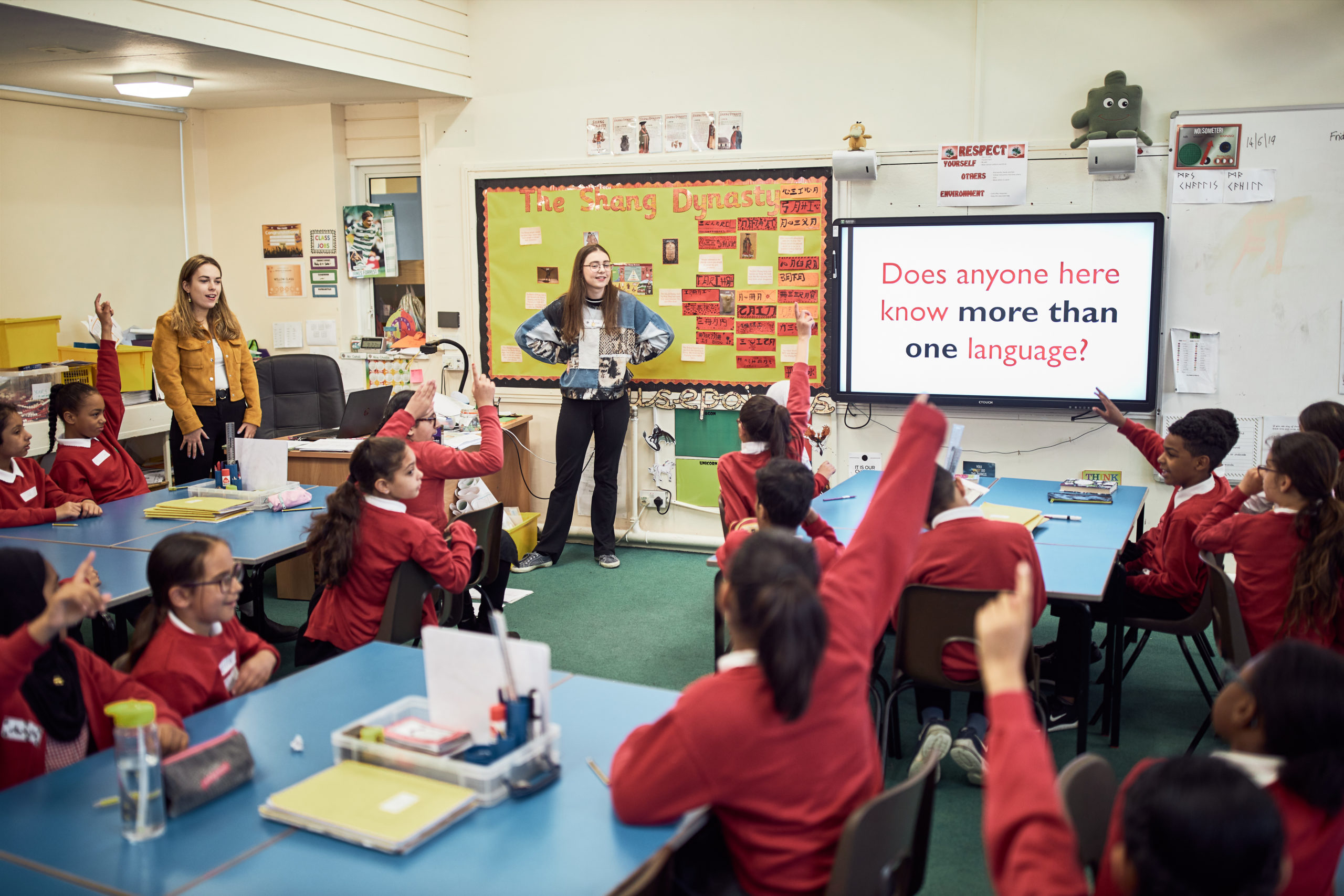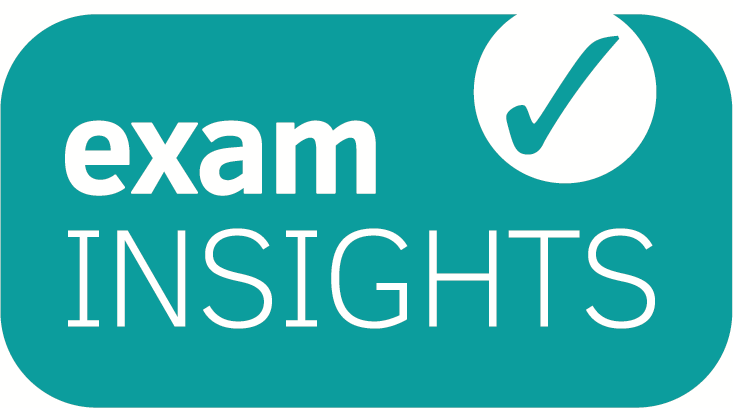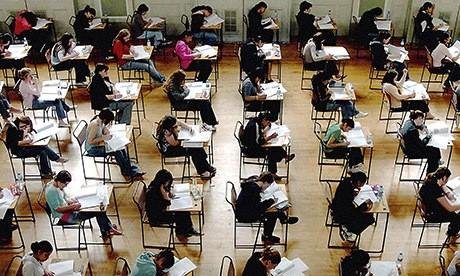
By Tony Weston and José García, authors and Spanish teachers
From September 2024, thousands of budding young Hispanists across the country will once again be embarking on a two-year AQA GCSE Spanish course, one which they hope will bring them both enjoyment and success.
Read more






